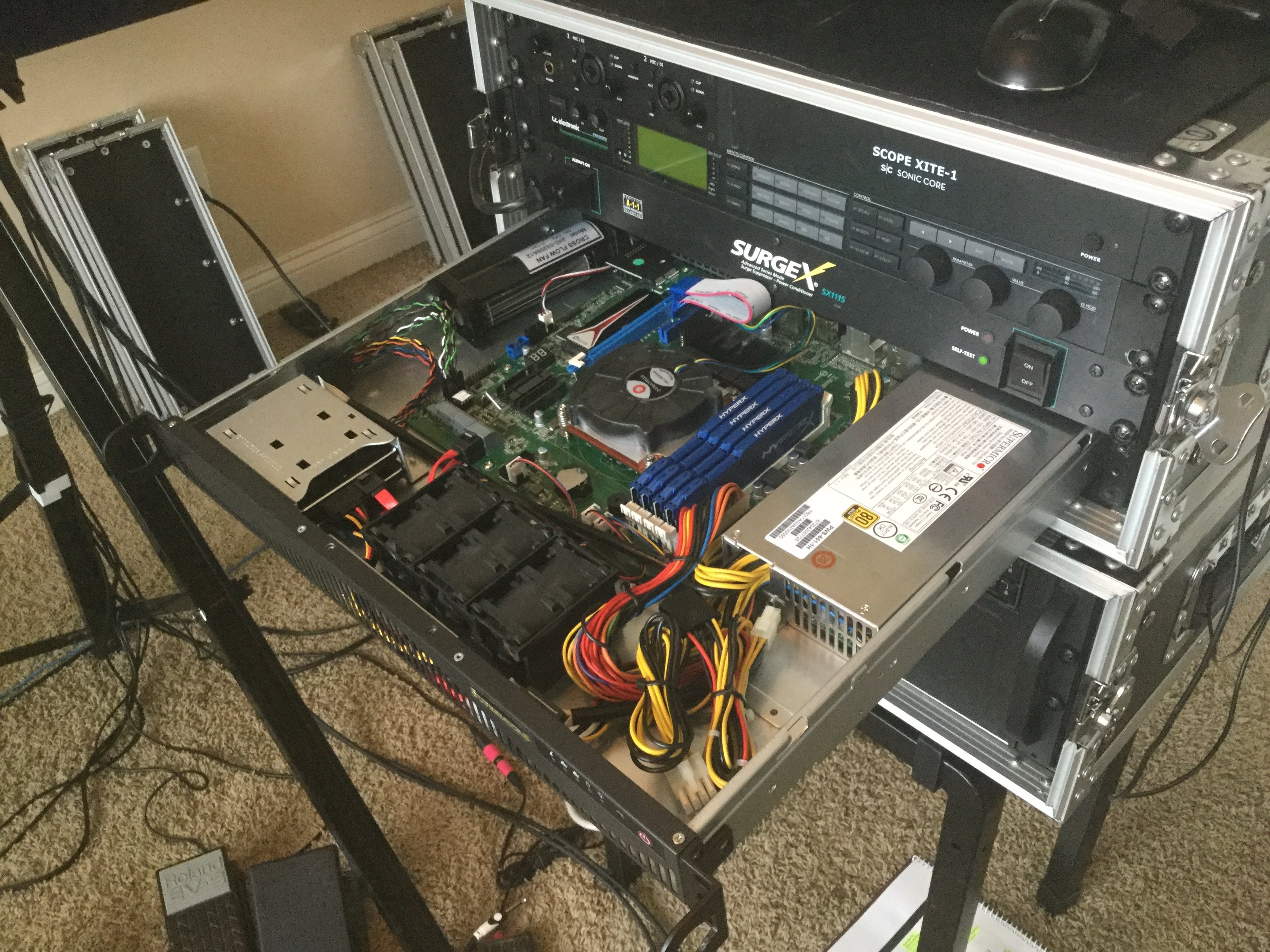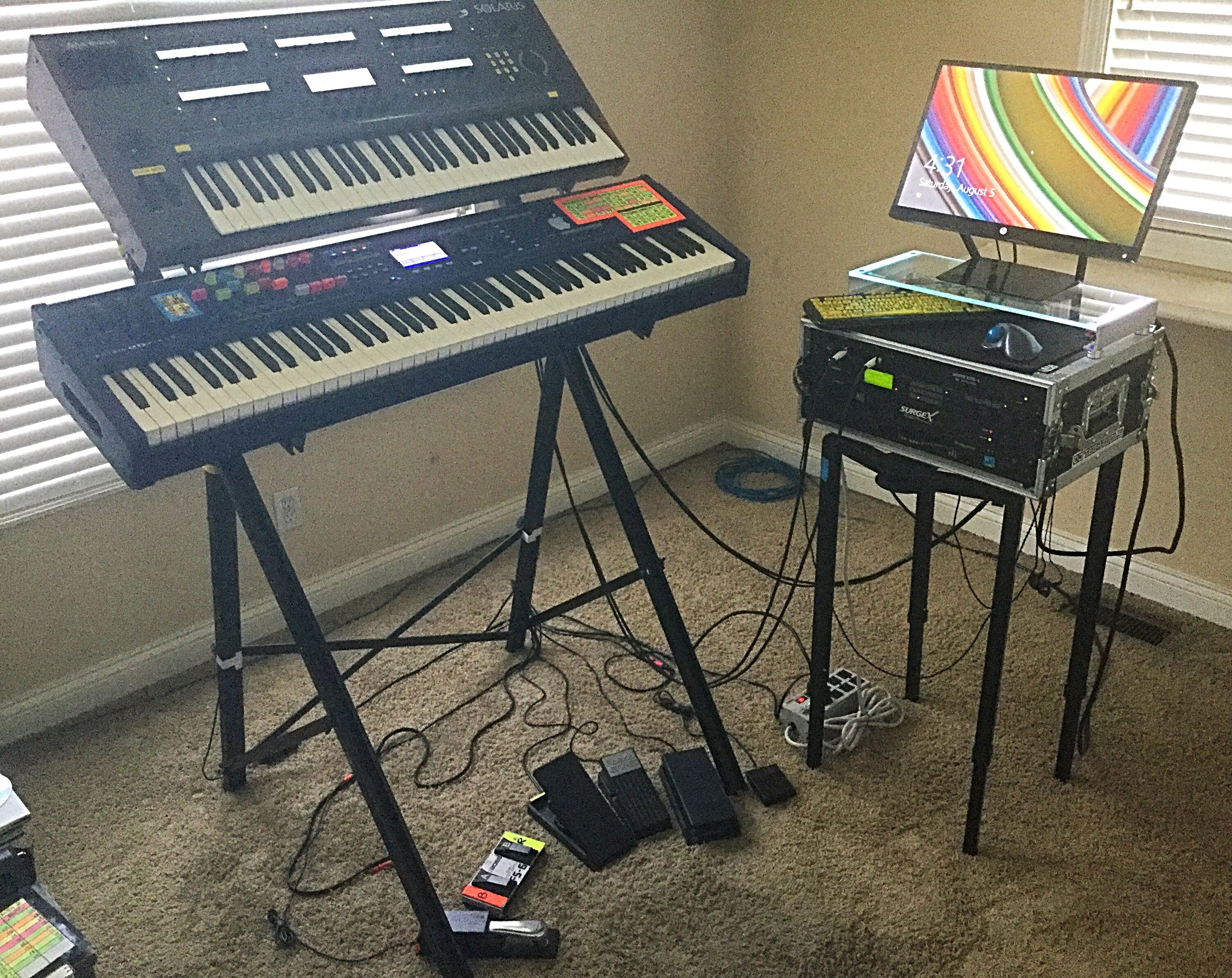I run a pretty involved music setup with Reaper as a DAW and many high-CPU-intensive synths for live performance. Dune 2, Falcon, and Reaktor plus many FX are used in tandem on my setup. The most current i7 8700K OC'ed to 5.0ghz and plenty of 3200mhz ram at 32gb are my power parts. I still get some crackling when driving Dune 2 and Falcon pretty hard at 64 samples i/o buffer. I must run at 64 i/o, I'm aiming for the lowest latency possible.
I have found the internal soundcard to have less crackles & pops than my Avid Mbox Mini over USB (gen 3). I can't use the internal soundcard for gigs though because there's no analog i/o suitable for live performance, only a headphone jack and some RCA outs.
I have heard good things about RME soundcards. The soundcard appears to be the bottleneck in my quest for crackle & pop-free low latency high quality audio.
I am curious if you guys have ever used Babyface Pro or the UC/UCX line from RME. Are they possible solutions to my problems?
Thanks. If you have Dune 2, load up some really CPU intensive patches (Redemption from the "pads" section for example), tune down to 64 samples i/o audio buffer at 44.1khz and you'll see what I'm talking about. It's tough on the computer!
Thanks.
M
I have found the internal soundcard to have less crackles & pops than my Avid Mbox Mini over USB (gen 3). I can't use the internal soundcard for gigs though because there's no analog i/o suitable for live performance, only a headphone jack and some RCA outs.
I have heard good things about RME soundcards. The soundcard appears to be the bottleneck in my quest for crackle & pop-free low latency high quality audio.
I am curious if you guys have ever used Babyface Pro or the UC/UCX line from RME. Are they possible solutions to my problems?
Thanks. If you have Dune 2, load up some really CPU intensive patches (Redemption from the "pads" section for example), tune down to 64 samples i/o audio buffer at 44.1khz and you'll see what I'm talking about. It's tough on the computer!
Thanks.
M
![[H]ard|Forum](/styles/hardforum/xenforo/logo_dark.png)

